This Is Pretty Neat: Dead Rising 3
By m3ds334 0 Comments
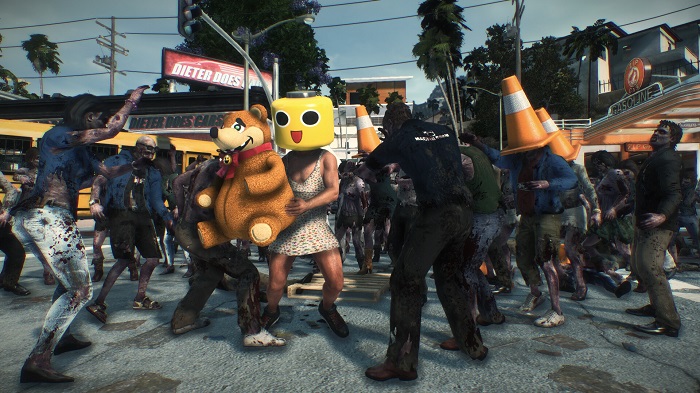
Dead Rising has always felt like a series committed to offering it's own experience. While many open world games adopted streamlined features like fast travel, the ability to save anywhere, and missions crafted to let the player succeed, Dead Rising stayed with the conviction to do many of the opposite things. You were constantly forced to wade through endless droves of the undead, memorize where the nearest toilet was to save, often punished players not prepared for missions, and all while embracing a strict time restraint. As frustrating as these quirks could be, it ended up making Dead Rising an experience that only could be found there. Often open world games are labeled as “GTA clones,” but Dead Rising was truly it's own beast. With Dead Rising 3 some concessions have certainly been made to make it a more accessible game. Saving is no longer limited to toilets, crafting can be done anywhere, the time limit (at least in the normal mode) is far less strict, and most of all, psychopaths are no longer an AI construct devised from the most insidious minds in game development. Seeing these compromises made me wonder if Dead Rising 3 would still be able to offer it's own special style of open world mayhem, and in short, I think it does.
A lot of the time, open world just means going to any location on the map and doing missions in any order you feel fit. When it comes down to actual missions, and specifically combat, the mechanics would fit right at home in a linear game. Dead Rising's combat is based around the ability to navigate your surroundings and use the objects around you to fight. This ends up letting you fight the way you want to fight. You start seeking out certain items and working to specific combo weapons that you feel are most effective. I'm sure there are some weapons that attract more people than others (who doesn't love a street lamp that has a huge area attack that instantly clears the immediate area around you), but I think there's enough variation in the weapons that one person would have a different set of favorite weapons from another.
One of the ways Dead Rising has been streamlined is that combo weapons can be crafted anywhere. I'm of two minds on this. One of the great things about those first games is that once your weapons broke, you were forced to grab whatever was on hand. This often resulted in the player bashing in the heads of zombies with some ineffective but hilarious weapons. Now it seems that the player is always left with options for a combo weapon as a couple of select items are hand placed to allow for some quick crafting. This further is encouraged when a person invests points into weapon types which allow any similar item in a crafting recipe. Instead of needing a bat and nails to craft the spike bat, a person can use a park bench and nails to craft the same item once the appropriate paths have been leveled. This means that you can get the weapons you like using a lot easier, meaning you get to play the game the way you want too.
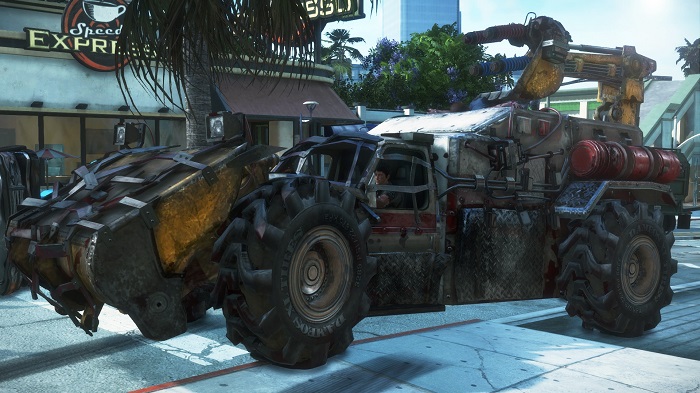
The biggest revision to the game though has been the change in the difficulty. The previous games have been hard, the primary sources being the time limit and the boss battle psychopaths, and in Dead Rising 3, those have been polished to the point that they're barely on your mind. The time limit is long on both the sheer amount of time you have before the bomb drops and the amount of time you have to complete side missions that it almost gets to the point where it may as well not be there. I never once had a side mission's timer go below half and I finished the game with a full two days remaining. Thankfully the developers recognized the fact that some players would progress quicker than others and did not assign access to side missions to specific times, but rather progress in the story. Otherwise a person could get into the awkward situation where they are killing time waiting for something to do.
As mentioned the psychopaths are much easier to deal with. They're still as zany as before, but it definitely feels less rewarding to best them. Each person you meet is full of charm and hilarity as in the previous game, but it has the weird effect as of setting you up for a hard fight that ends up being easier than most of the unique zombies. Most of the attacks are easily dodged with your roll ability and have lengthy tells. They also have so little health that some of the fights are so short that the cutscene leading up to the clash is longer than the battle itself.
As much as some of these fights feel like a letdown it is understandable as how polarizing both the psychos and the time limit are. Probably one of the most distasteful experiences in video games for me has been restarting the first Dead Rising with my gained PP in order to more effectively manage my time in a second playthrough. Still, I can't help but feel like there is something lost in the risk and reward that those systems previously offered. In the final mission, no matter how early you've escaped, you're given an hour to complete the final mission and that taste made me long for that bit of that pressure again. Admittedly, as much as I am down talking the streamlining of these features, a hardcore mode is offered in a “nightmare mode” which features a far stricter time line and tougher enemies and is specifically designed to quell these sorts of complaints against the game, but it feels odd to me to completely spare a large portion of the player base from those systems.
With the concessions Dead Rising 3 makes though, I think it still offers a unique experience that can't be found elsewhere. The heart of the previous games for me has been confronting thousands of shambling enemies with the whatever tools surround you and I believe that none of the changes made in Dead Rising 3 dilute that. I still get a giddy feeling taking a scythe too an enormous crowd and seeing that kill counter jump by the dozens, and to see that enjoyment remain makes me glad to have this a part of Dead Rising franchise.

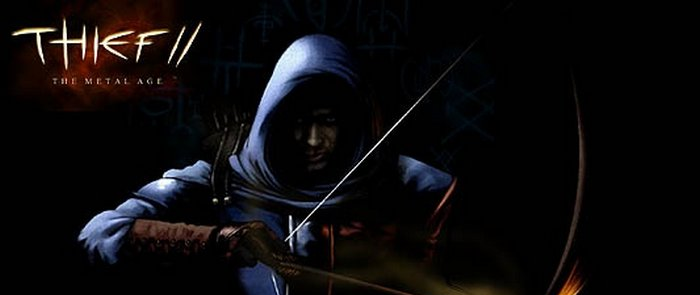
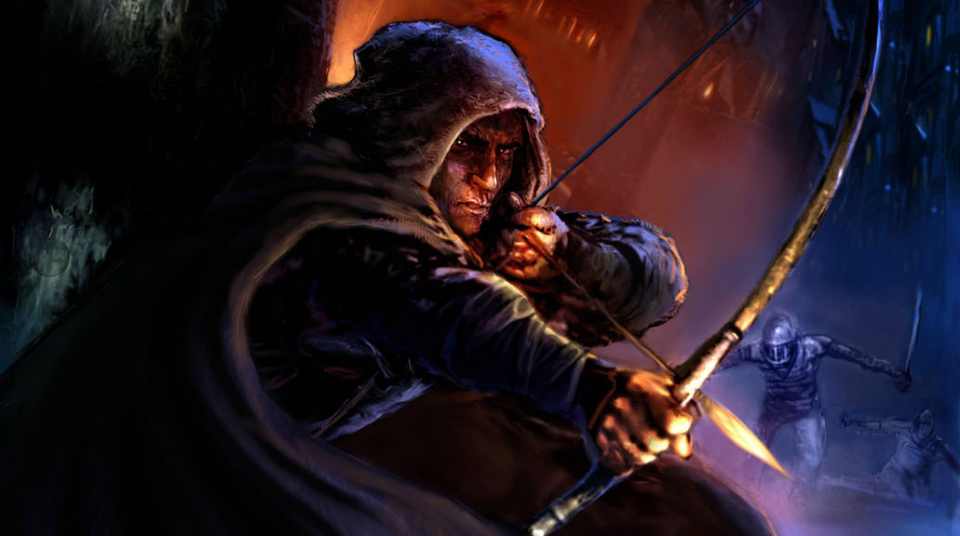
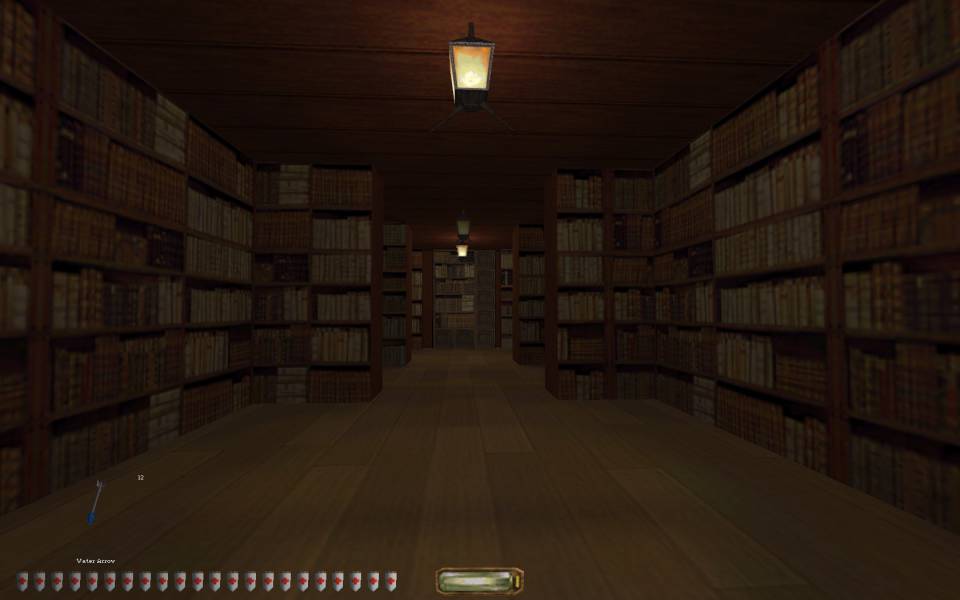

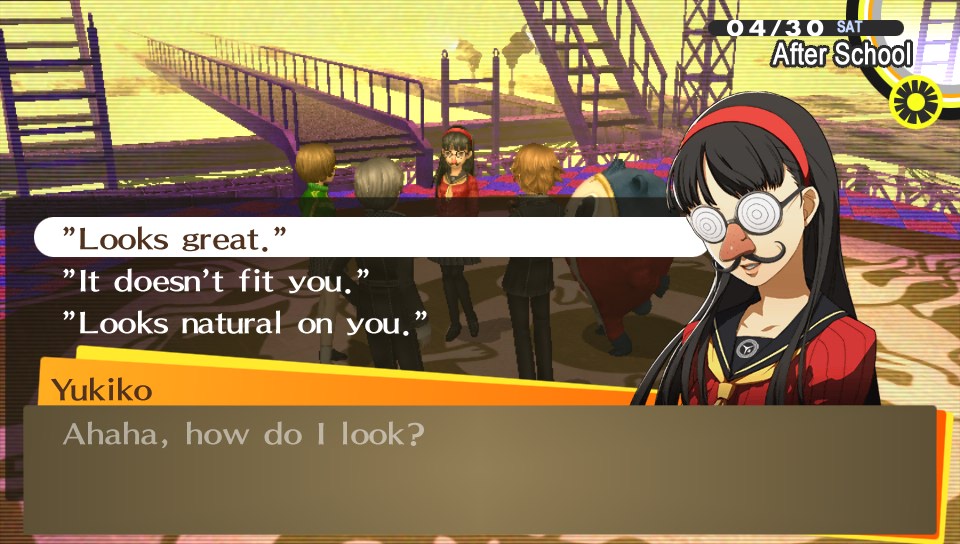
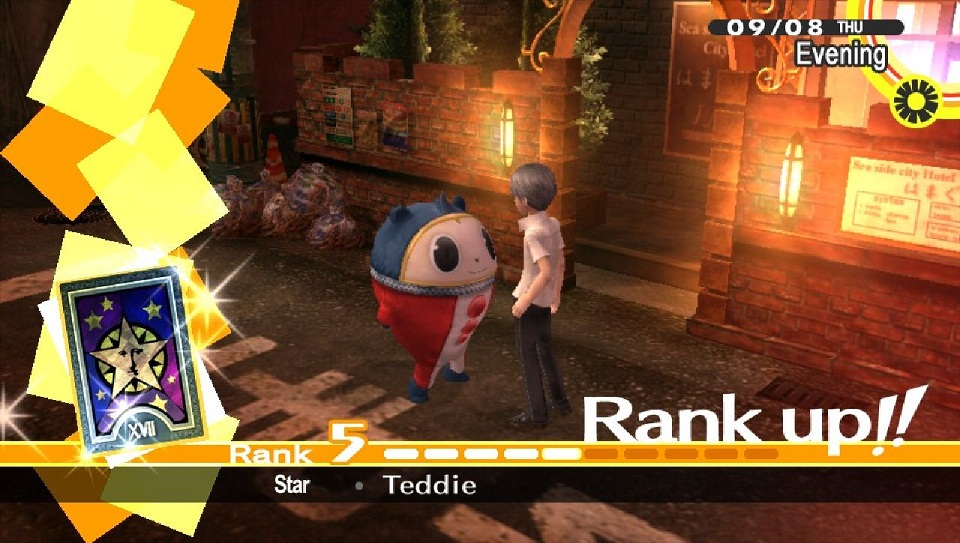
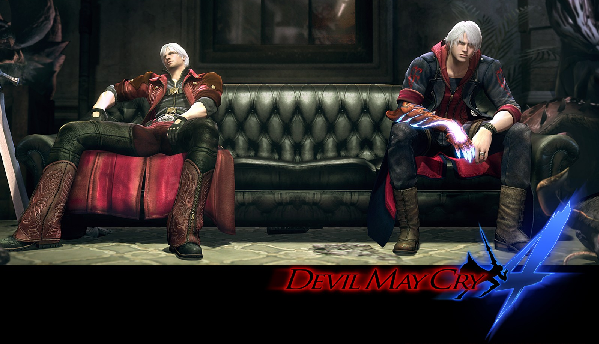
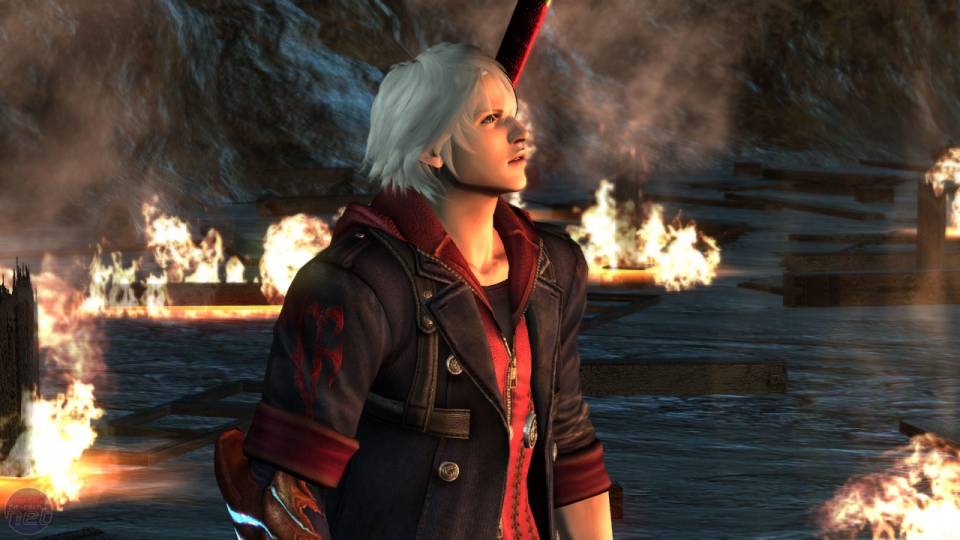
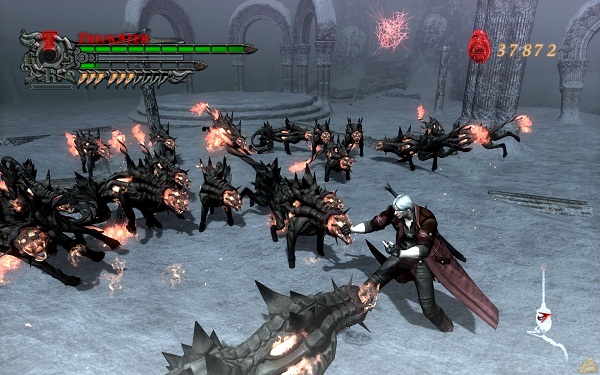
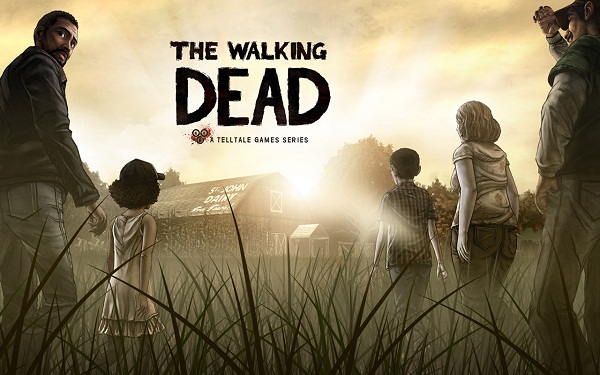
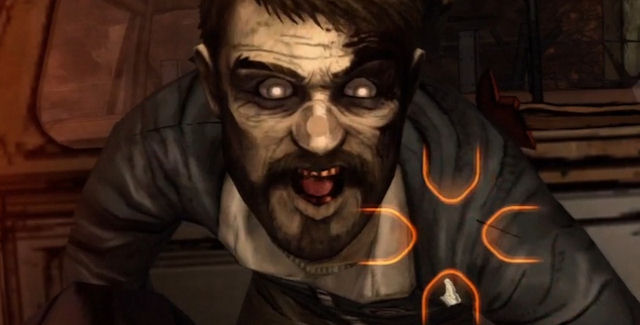
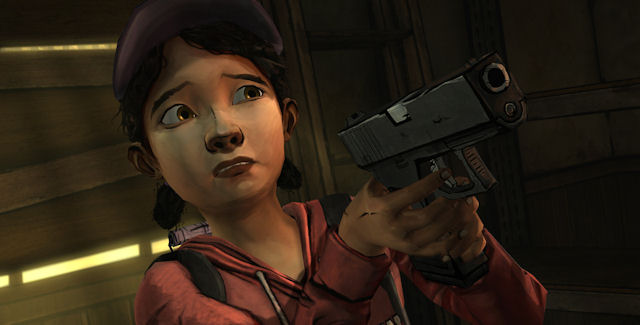
Log in to comment